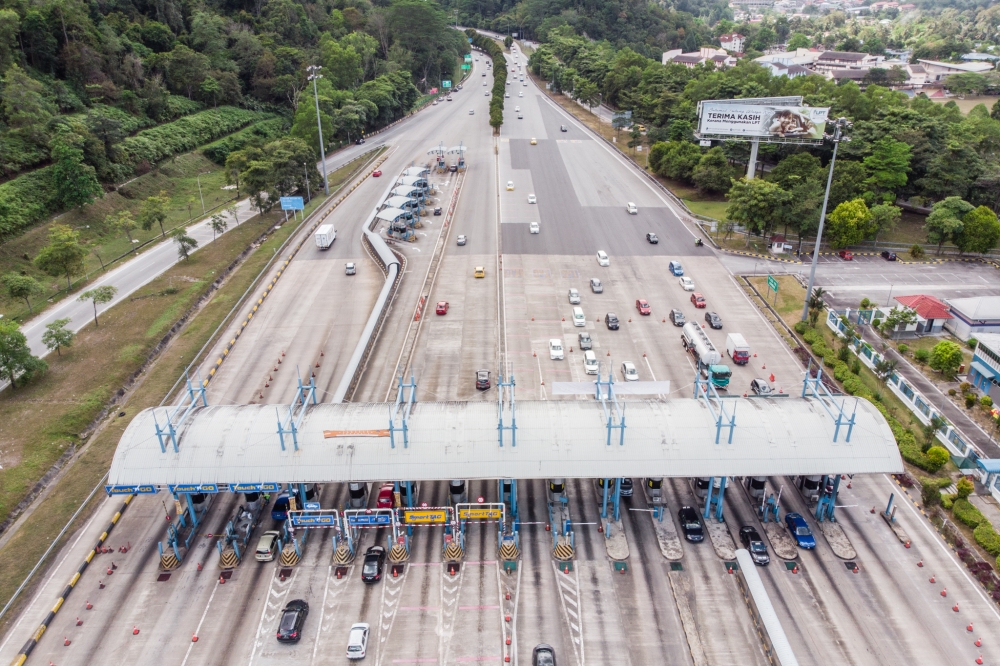KUALA LUMPUR, April 21 — The government will ensure that the renegotiated East Coast Rail Line (ECRL) will be developed with 40 per cent local participation, said Transport Minister Anthony Loke.
He told reporters today that the government’s emphasis when renegotiating the multi-billion ringgit project was that there must be opportunities for Malaysian companies.
“That is why in ECRL we want to increase local participation with a local content of 40 per cent given to Malaysian companies. We always emphasise that whatever collaboration must bring returns to our country,” he said after an event in Ampangan, Negri Sembilan.
He said the government therefore hoped that local contractors would seize the opportunities that the ECRL would create.
In particular, Loke was confident that Jelebu district in Negri Sembilan will stand to benefit much from the project following its realignment.
On April 15, Prime Minister Tun Dr Mahathir Mohamad announced the resumption of the ECRL project and said its cost has been reduced to RM68.7 million per kilometre from RM95.5 million a kilometre as per the earlier agreement.
Under a new agreement between Malaysia Rail Link Sdn Bhd and China Communications Construction Company Ltd, the total cost of the project was slashed by RM21.5 billion to RM44 billion.
The project is expected to be completed in December 2026, with the realigned track passing through 20 stations, starting from Kota Baru to Kuala Terengganu, Kuantan and Mentakab in the coast coast and then Jelebu, Bangi/Kajang, Putrajaya Sentral and, finally, Port Klang.
The Pakatan Harapan government had suspended the project after the May general election last year due to its high cost.
With its resumption, Loke today said Malaysia was keen to attract more investment from China in various sectors, including in encouraging Chinese businesses to set up their base in the country.
“We cannot deny that China is a major economic power so whether we like it or not we have to attract their investment,” he said.
Loke believed that besides attracting investment, Malaysia could also improve trade and tourism with China.
















.jpg)


